The Best Concrete Densifier for 2023
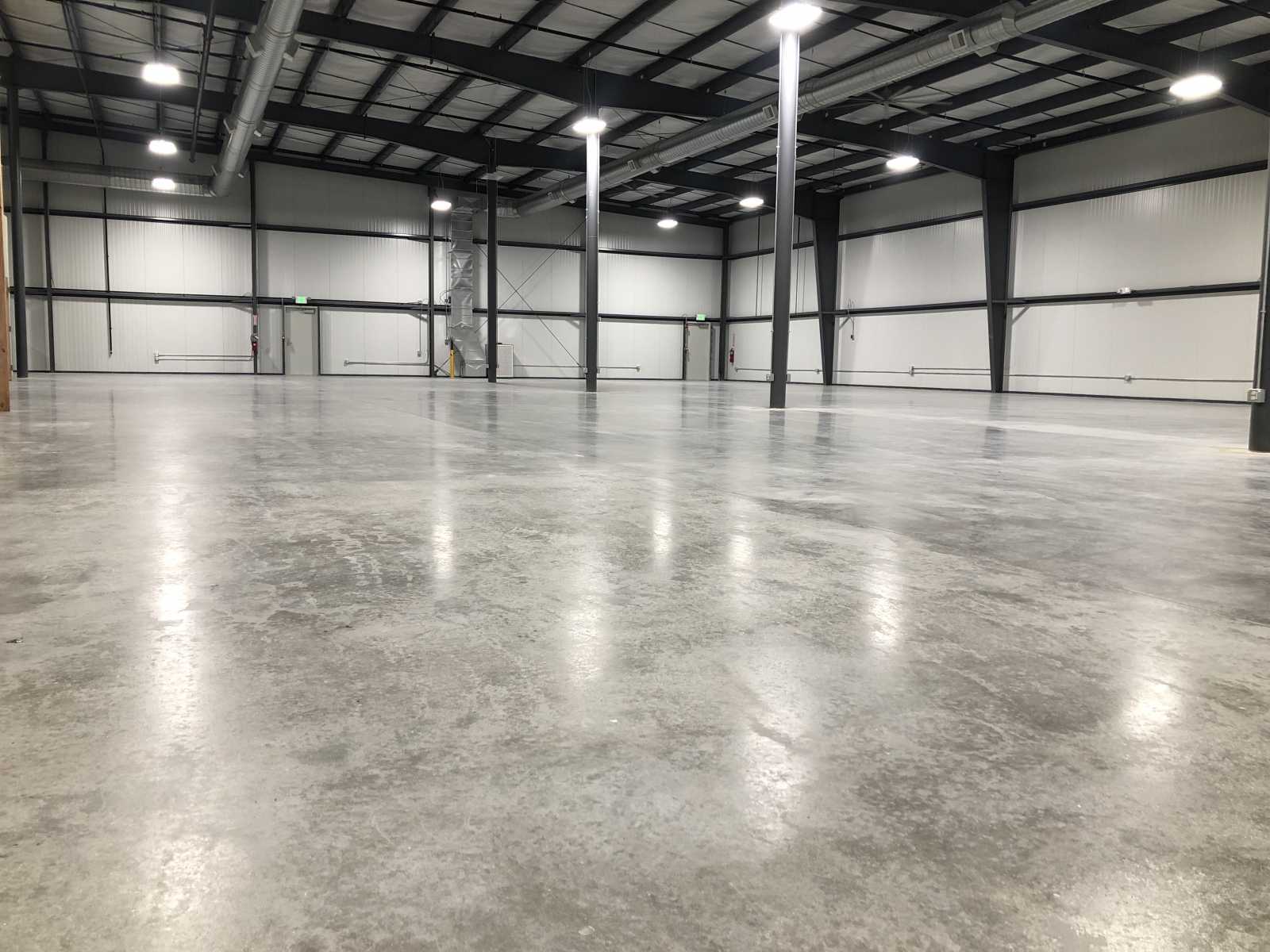

Brian Jeffries
Brian Jeffries, a seasoned BPA Advisor. Brian is dedicated to sharing his wealth of knowledge on construction projects and materials. With a focus on architecture and building envelopes, Brian contributes valuable insights that shape the discourse around innovative construction practices and materials.
A liquid chemical called a concrete densifier is applied uniformly throughout the floor and penetrates the top layer of concrete. Similar to how water fills the pores of a sponge, its function is to fill the porous holes created by water evaporation during the curing process.
How Do Concrete Densifiers Work?
Cement, aggregate, and water are the three ingredients that make up concrete. A weakened concrete mixture will result from a slightly off combination of the three. Let's say the water injected throughout the hydration process is too much. In that instance, as the extra water evaporates and leaves cracks or significant pores, the concrete weakens. The porosity of the concrete affects its strength in direct proportion.
The silicates in the densifier and the calcium hydroxide in the cement interact chemically to produce the densifying effect. The calcium silicate hydrates that are produced fill the pores, harden, and reinforce the concrete up to 50% more. The densifier also reacts with calcium carbonate, often known as free lime or cement dust, a byproduct of the curing process. The densifier maintains a clean, dust-free concrete surface in this way. Densifiers maintain the floor's seal and improve abrasion resistance by acting as penetrating sealers.
Benefits of Using Concrete Densifiers
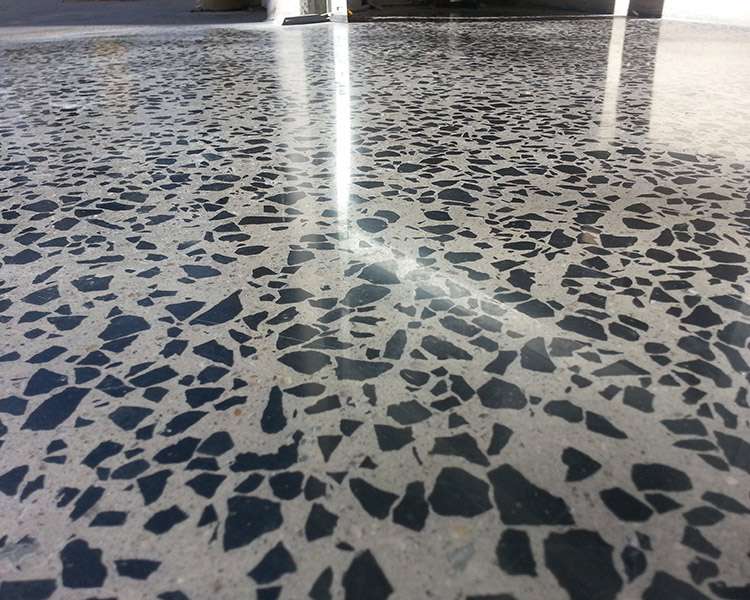
Image Source: fortisadhesives.com.au
Densifiers are specifically utilized while polishing concrete to enhance the concrete surface. Complete densifier saturation will make the substrate harder as long as free lime is present, allowing for more aesthetically acceptable grinding and polishing finishes and extending the polish's shelf life. Other advantages are:
- Reducing dust
- Achieving a deeper gloss than with untreated concrete
- Increasing abrasion resistance
- Increasing resistance to weathering
- Allowing for a longer lifespan
- Improving color
- Increasing stain resistance
- Creating an easier-to-clean floor
The Best Concrete Densifier Types
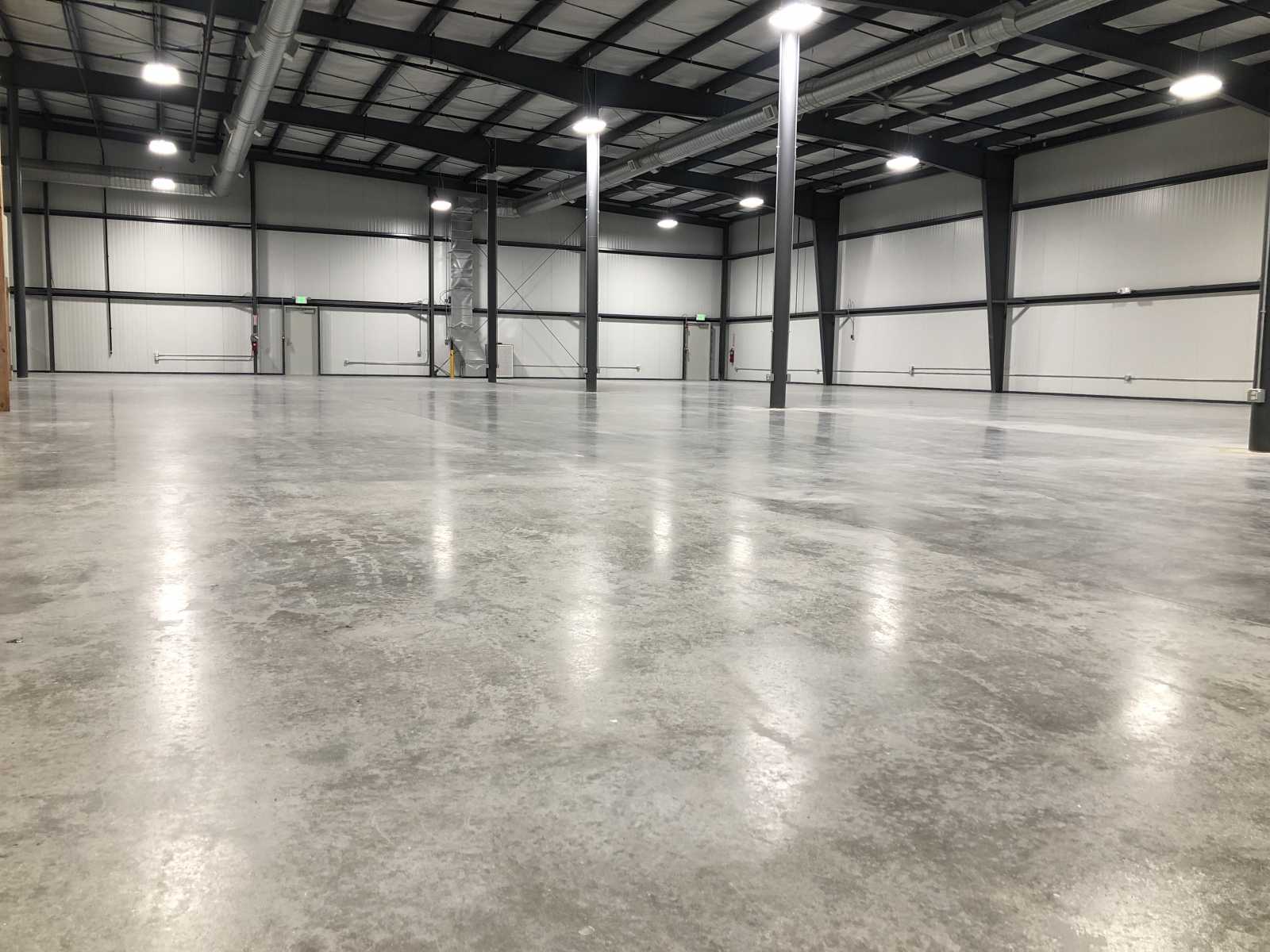
Image Source: ghostshield.com
There are four types of concrete densifiers available on the market.
Lithium Silicate
Lithium silicate contains smaller particles than some of the other types. Smaller particles allow for greater penetration into harder concrete slabs and a larger volumetric silicate content.
Sodium Silicate
The oldest and least expensive type of densifier is sodium silicate. The finish with sodium silicate is not as polished as with lithium. Therefore, sodium should not be used with decorative flooring.
Potassium Silicate
On concrete floors with high porosity, potassium silicate performs effectively. Mixing it with lithium silicate will improve bonding, increase strength, and seal the slab.
Colloidal Silica
Concretes with admixtures, such as pozzolan, react well with colloidal silica due to its tiny particles. Colloidal silica has the quickest reaction time of the four types of densifiers, but it doesn't play well with lower-strength concrete slabs.
Which Densifier is Best?
A good concrete densifier will penetrate the surface of the concrete, increasing the strength and hardness by up to 50%. It is best to use a lithium silicate since these densifiers have a smaller particle size, allowing them to penetrate deeper into the concrete.
Lithium densifiers are substantially easier to apply, and no rinsing or surface agitation is required.
Where Can I Get a Good Quality Lithium Densifier?
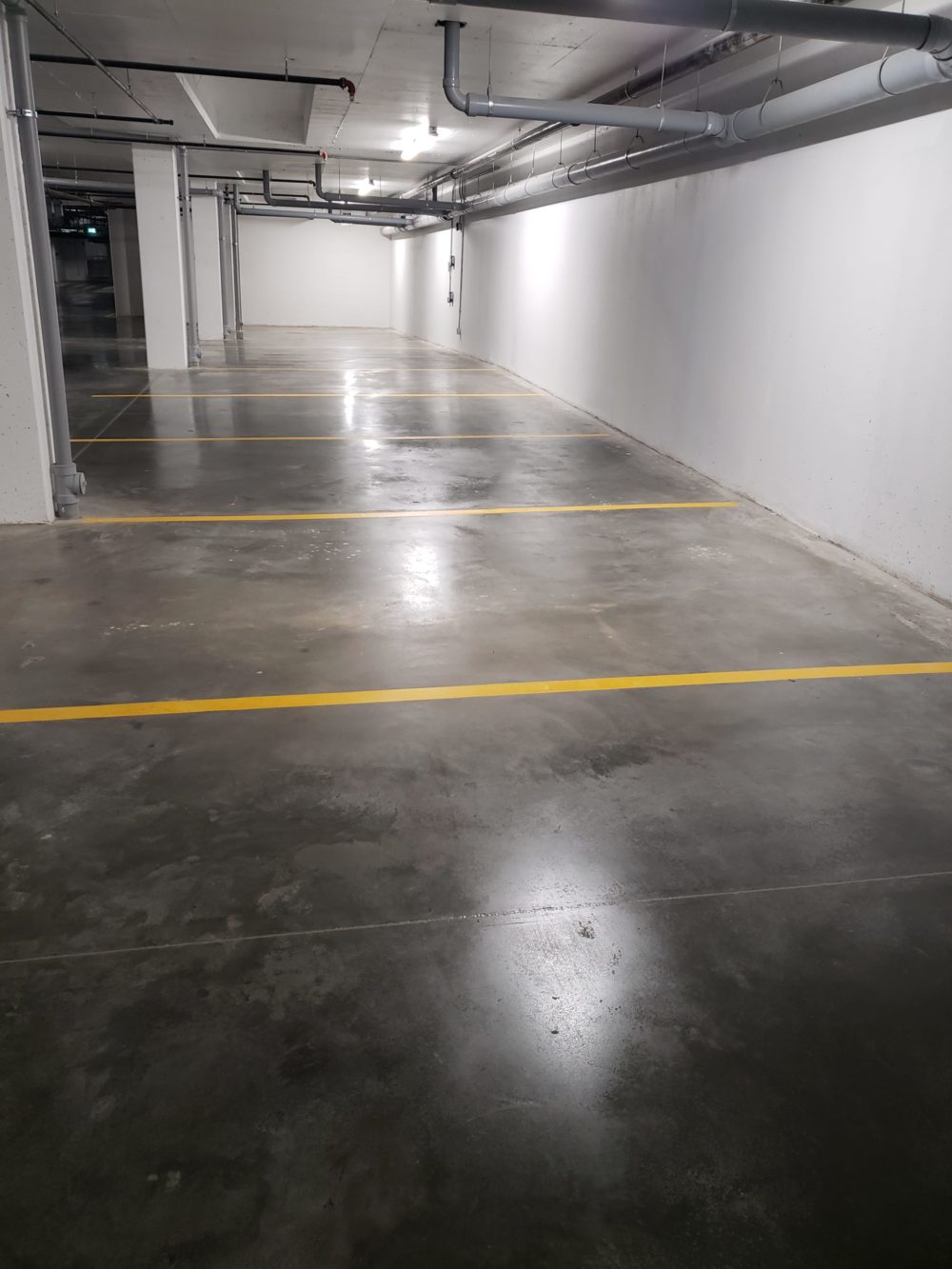
Prosoco has some of the best lithium silicate concrete densifiers on the market. Their densifiers are quick setting and easier to apply. Plus, they tend to use less material during application.
Prosoco is a family-owned company that has been in business for 80 years. Their products have been made in Lawrence, KS, since 1939.
Prosoco Densifier Products
Prosoco offers an entire product line of lithium silicate concrete densifiers. You can explore the offerings below:
Blended Densifier: Concrete floors that have been steel troweled or polished can be hardened and densified using Prosoco's Blended Densifier. Quickly reacting with the concrete, the product hardens, strengthens, and makes floors simpler to maintain. For a quick sheen, burnishing is an option.
LS: Lithium densifier LS is Prosoco's best seller. It is a high-end sealer, hardener, and densifier for concrete floors that enhances the performance, look, and light reflectance of either new or previously poured concrete. Surfaces that have been treated with LS are easy to maintain, resistant to water damage, and don't need waxing. A cleaner, healthier atmosphere is created thanks to the improved surface hardness that LS imparts. Dusting is eliminated, and maintenance is made easier. It only takes one step to apply, requires no scrubbing, and you won't have to flush any caustic wastewater.
LS/CS: Concrete flatwork is hardened, densified, and dust-proofed using the LS/CS penetrating silicate treatment. It doesn't need to be washed or flushed like traditional hardeners do. LS/CS should be sprayed on the surface and spread with a microfiber pad. It dust-proofs newly troweled "green" concrete, old floors, or both. Plus, LS/CS prevents surface ASR (alkali silicate reaction).
DensiKure: In a single application, Prosoco's newest option, DensiKure, densifies and cures freshly laid, smooth, steel-trowel-finished concrete. Pump-up sprayers make it simple to apply this mixture of a high-performance densifier, which dries in about 60 minutes.
First Cut with Densifier: First Cut with Densifier lets you wet-grind and power-trowel polish floors while simultaneously grinding and densifying them. W et-grind treatments go up to 40% faster, and it eliminates the need to wait for floors to be clean and dry before densifying.
Get Smarter About Building Products
Join 50,000+ subscribers and get our 3 min daily newsletter on what matters in the building materials industry.
You might like this
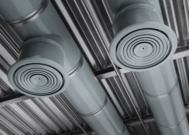

Solving Ventilation Challenges: Metal Deck Profiles and Back Draft Dampers as Key Solutions
When it comes to building design and construction, ventilation is a critical factor that often presents significant challenges. Proper ventilation is essential for maintaining indoor air quality, controlling temperature, and ensuring occupant comfort and safety. In this article, we will explore how metal deck profiles and back draft dampers are key solutions for addressing ventilation […]
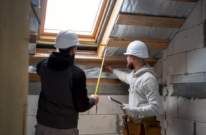

The Ultimate Guide to Home Insulation
When it comes to creating a comfortable and energy-efficient home, insulation plays a pivotal role. Proper insulation helps regulate indoor temperatures, reduces energy consumption, and enhances overall comfort. In this comprehensive guide, we’ll explore various aspects of home insulation, including the best types of insulation for different areas of your home and key considerations for […]


The Best Hidden Deck Fasteners: Concealed Elegance and Lasting Stability
Decks, those quintessential outdoor havens, serve as extensions of our living spaces, inviting us to bask in the open air. But what if we could take this experience to the next level? Enter concealed deck fasteners, the unsung heroes that elevate your deck’s appearance and structural integrity, all while keeping their existence a secret. In […]